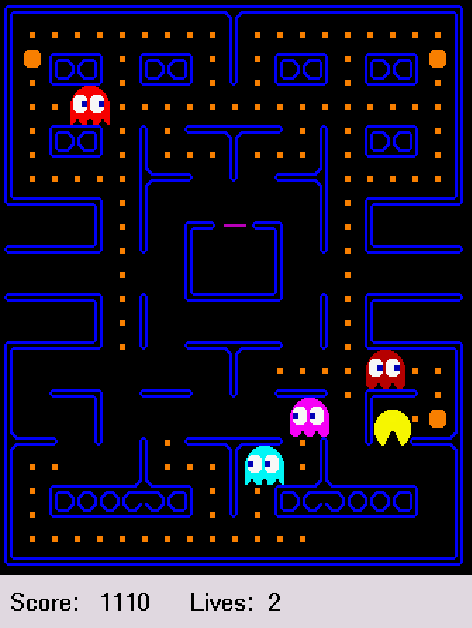Low-complexity modular policies: learning to play Pac-Man and a new framework beyond MDPs
Paper and Code
Oct 30, 2006
In this paper we propose a method that learns to play Pac-Man. We define a set of high-level observation and action modules. Actions are temporally extended, and multiple action modules may be in effect concurrently. A decision of the agent is represented as a rule-based policy. For learning, we apply the cross-entropy method, a recent global optimization algorithm. The learned policies reached better score than the hand-crafted policy, and neared the score of average human players. We argue that learning is successful mainly because (i) the policy space includes the combination of individual actions and thus it is sufficiently rich, (ii) the search is biased towards low-complexity policies and low complexity solutions can be found quickly if they exist. Based on these principles, we formulate a new theoretical framework, which can be found in the Appendix as supporting material.
 Add to Chrome
Add to Chrome Add to Firefox
Add to Firefox Add to Edge
Add to Edge